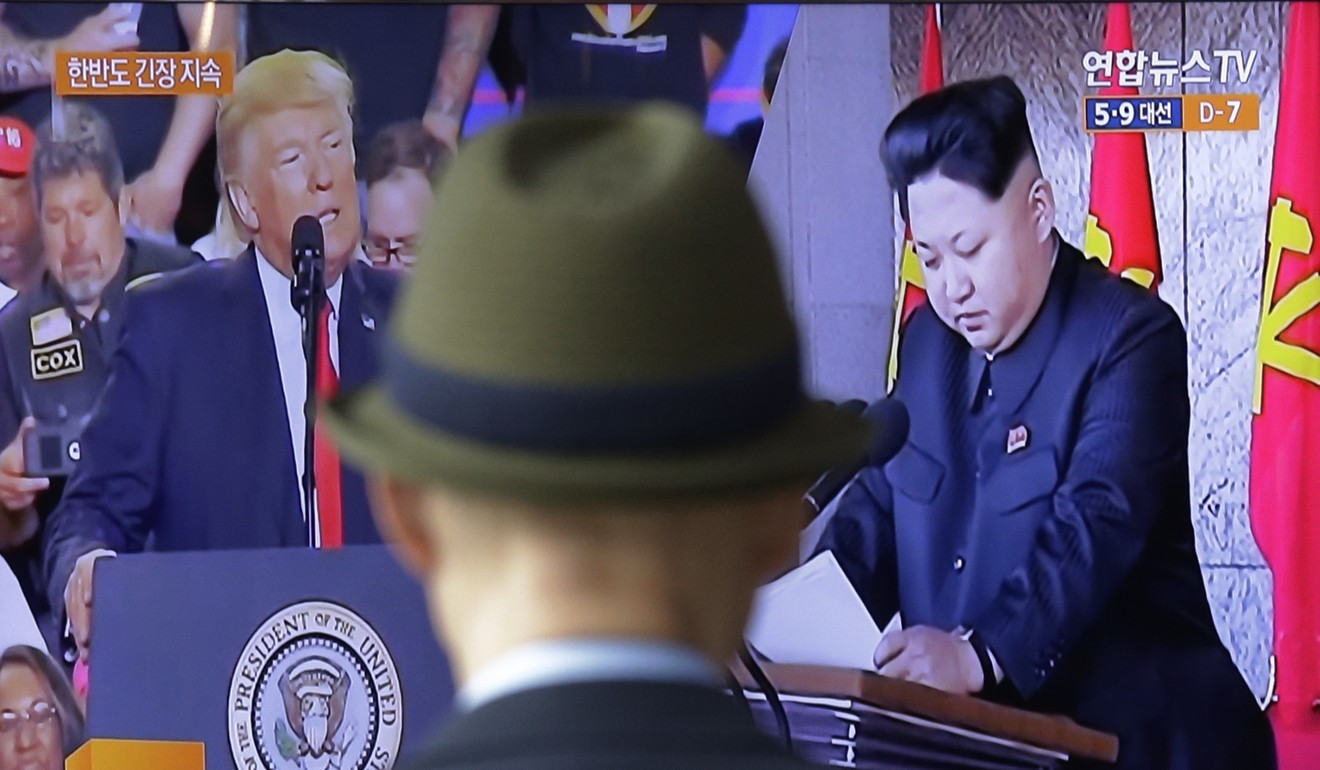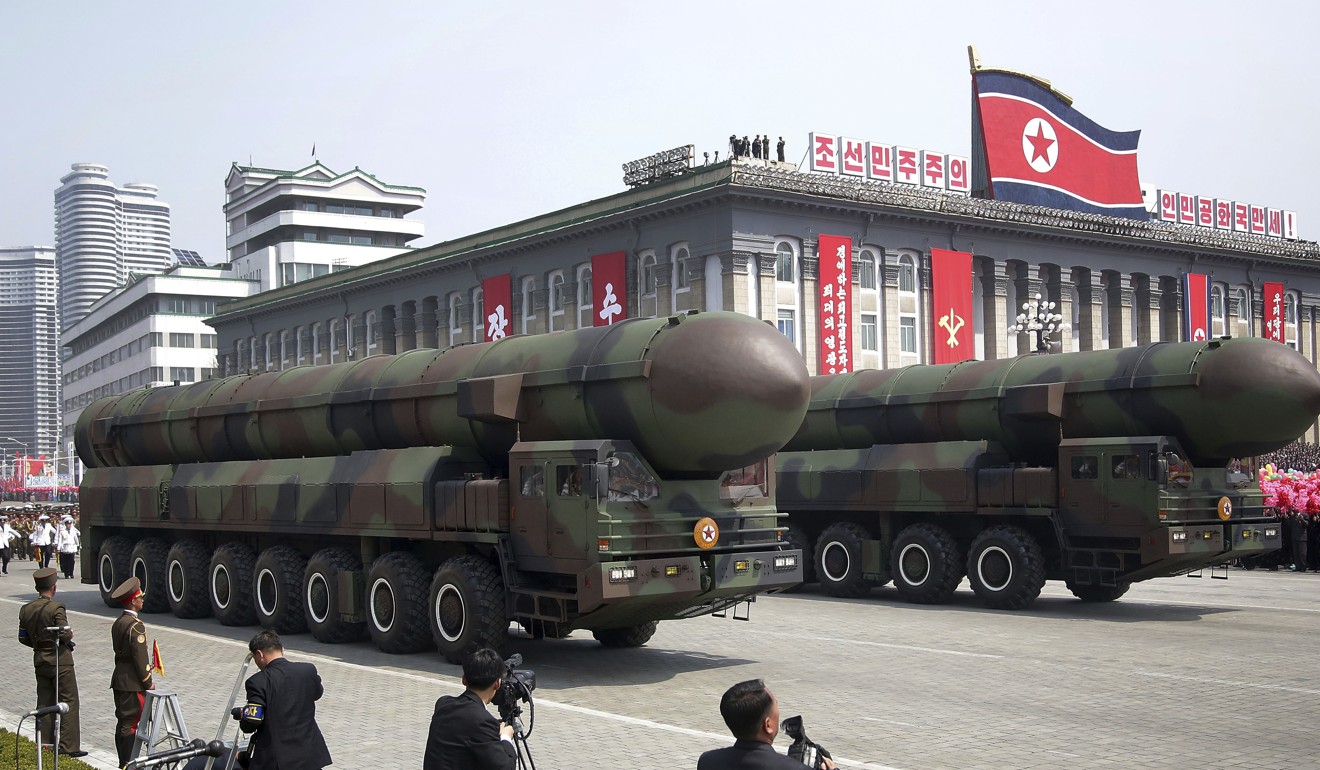
US and ASEAN agree on full implementation of UN sanctions against North Korea
US Secretary of State Rex Tillerson and the foreign ministers of the Association of Southeast Asian Nations ( ASEAN) on Thursday affirmed the need for “full implementation” of all U.N. Security Council sanctions resolutions on North Korea.
The affirmation, in a US-ASEAN foreign ministerial meeting in Washington, was effectively a call on China, the long-time economic and diplomatic benefactor of North Korea, and other countries to tighten economic screws on North Korea in accordance with the resolutions.

Tillerson and his ASEAN counterparts “discussed the tensions on the Korean Peninsula caused by the DPRK’s nuclear tests and missile launches, and the grave threat posed to regional stability,” according to the State Department.
The meeting came amid signs that North Korea, whose formal name is the Democratic People’s Republic of Korea, may test-fire another ballistic missile or conduct a sixth nuclear test in violation of Security Council resolutions banning the country from engaging in such activities.
On maritime security, Tillerson and the ASEAN ministers expressed a veiled criticism against China’s land construction and militarization of outposts in disputed areas in the South China Sea.
“The secretary noted shared concerns by many in the region regarding militarization and land reclamation in the South China Sea,” the department said in a readout.
The US and ASEAN foreign ministers reaffirmed their adherence to a “rule-based order” in the Asia-Pacific region, it said, taking aim at Beijing’s attempt to force a shift in the regional status quo.

The two sides underscored the importance of principles such as the peaceful resolution of disputes, with full respect for legal and diplomatic processes and in accordance with international law.
They took note of efforts between the 10-member ASEAN and China toward an early conclusion of a “meaningful” code of conduct in the South China Sea as part of efforts to defuse tensions over the sea, in which Beijing has overlapping claims with its smaller neighbours such as the Philippines and Vietnam.
ASEAN groups Brunei, Cambodia, Indonesia, Laos, Malaysia, Myanmar, the Philippines, Singapore, Thailand and Vietnam.

